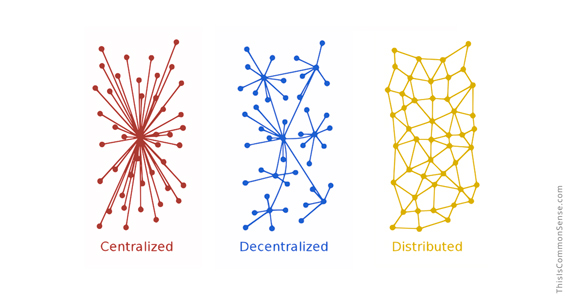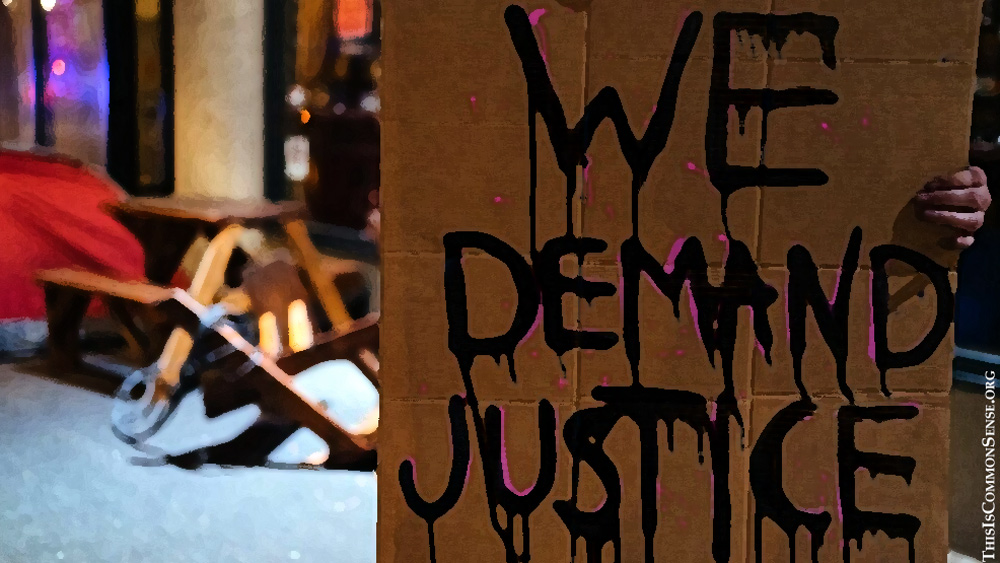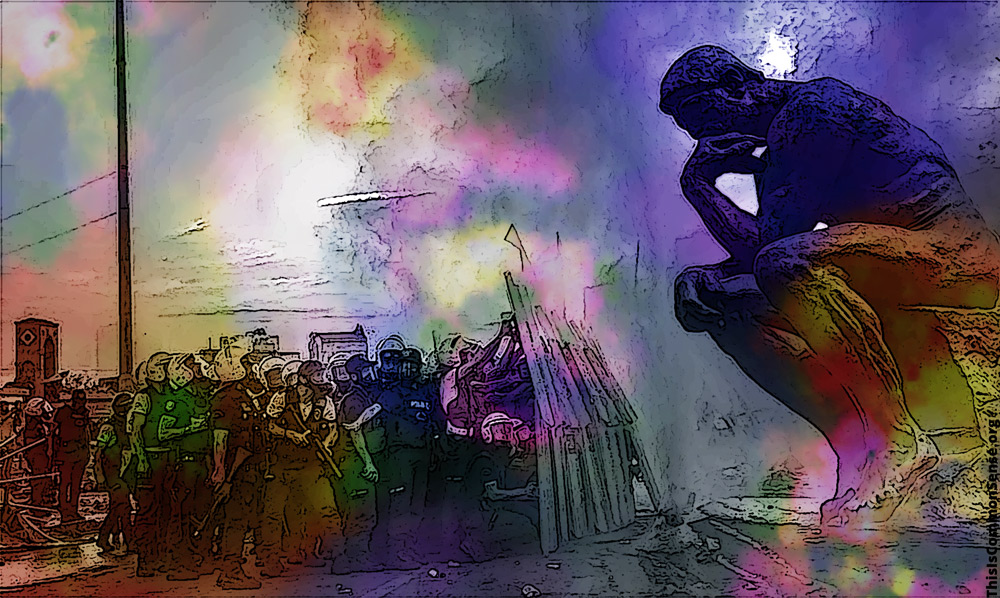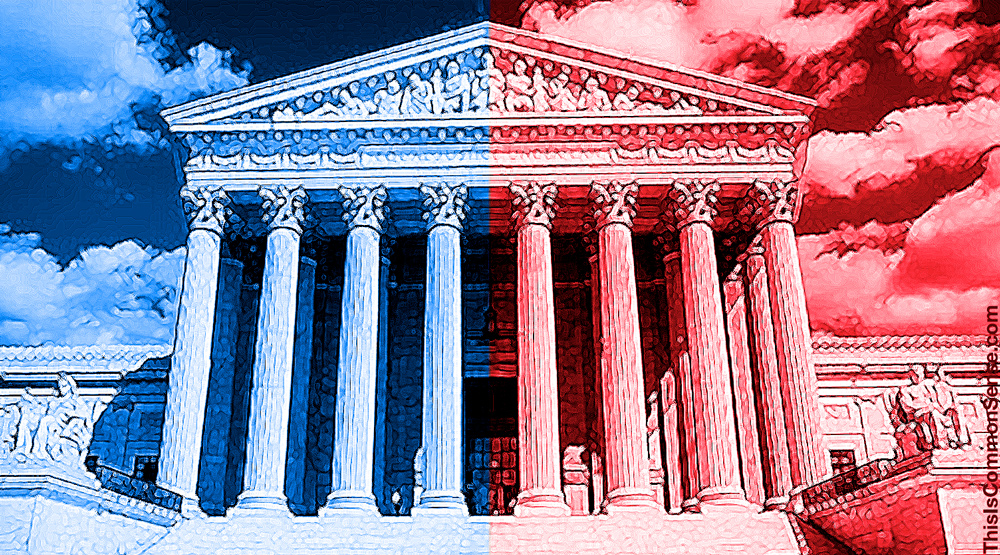A number of important criminal trials are bunching up together at the moment. The Rittenhouse acquittal came first, but the Coffee and Arbery verdicts, along with it, also qualified as major milestones. Looming over our heads is perhaps the headiest of all, the Ghislaine Maxwell honey pot case. But for the wildest comedy, there’s Jussie Smollett’s.
The story is such a travesty it is hard not to laugh — especially if you have heard comedian Dave Chappelle’s bit about “the French actor, Juicy Smolliet.”
Eddie Scarry, writing in The Federalist, provides a less humorous take: “Smollett wasn’t engaging in a hoax. He was perpetuating a scam and that scam has a name. It’s called ‘social justice.’”
Scarry makes a case for Smollett’s rationality: “It’s not like Smollett is a demonstrable sociopath who told an aimless lie about being attacked by Trump supporters in 2019 for the sake of it.” When he hired two Nigerians to fake a racist, homophobic attack on him, he did so with a purpose: to parlay rampant “woke” sentiment to gain fame and fortune. “This is what our entire culture is teaching now — that the quickest way to advance is to claim victimhood on account of race, sex, or sexual identity — ideally, some combination of all three.”
While the scam element is obvious in Smollett’s greed, social justice itself is not a scam. It is an ideology of constant revolution, always to re-make the world over to correct for cosmic injustices.

And it’s more: Social justice is open-source psychological warfare. It doesn’t need centralized control — though it has some, in the form of the insider elitists — because its strength comes from the distributed acceptance and performances of its hapless criminal pushers.
Thankfully, comic criminality may undermine its allure.
This is Common Sense. I’m Paul Jacob.
—
See all recent commentary
(simplified and organized)







